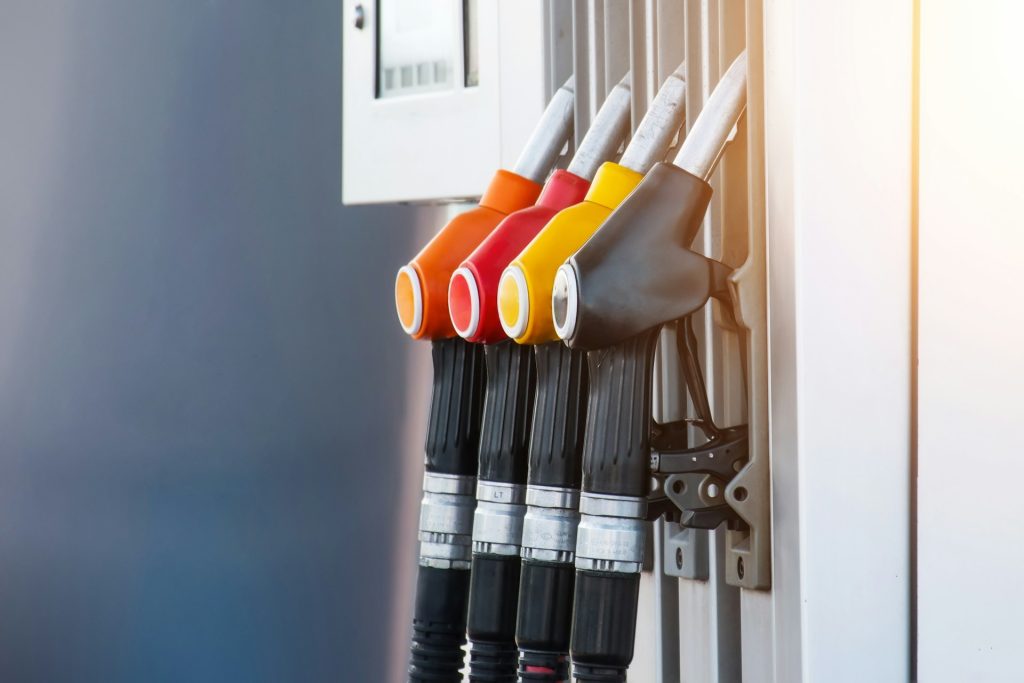As the UK grapples with rising inflation and ongoing economic pressures, reports indicate that Chancellor Jeremy Hunt may have no option but to increase fuel duty in the upcoming budget. This decision is likely to have far-reaching consequences, particularly for petrol and diesel drivers, who are already feeling the pinch from rising fuel costs. Among those most affected will be the courier services industry, which relies heavily on fuel to maintain operations. The anticipated fuel duty hike could spell significant challenges for this sector, with implications that extend to the broader economy.
The Background: Economic Pressures and Fuel Duty
Fuel duty, a tax levied on the sale of petrol and diesel, has been frozen for over a decade, providing some relief to drivers amid fluctuating global oil prices. However, the freeze has come at a cost to the Treasury, which has lost out on potential revenue. With inflation at a high and the public finances under strain, the Chancellor is under intense pressure to find new sources of income. According to various reports, increasing fuel duty is one of the few options available that could generate significant revenue without requiring legislative changes.
The potential increase in fuel duty comes at a time when drivers are already facing historically high fuel prices. The global oil market has been volatile, driven by factors such as geopolitical tensions, supply chain disruptions, and the ongoing recovery from the COVID-19 pandemic. For petrol and diesel drivers, this means that a fuel duty hike would exacerbate an already difficult situation, leading to higher costs at the pump.
Impact on Courier Services
The courier industry, which has seen significant growth in recent years due to the rise of e-commerce, is particularly vulnerable to fluctuations in fuel prices. Couriers depend on an extensive network of vehicles to ensure timely deliveries, and fuel represents one of their largest operating expenses. An increase in fuel duty would directly raise these costs, potentially squeezing profit margins and forcing couriers to make tough decisions about pricing, service levels, and fleet management.
One immediate impact of higher fuel costs would be the potential for increased delivery charges. Courier companies may have little choice but to pass on the additional costs to consumers, leading to higher prices for online shopping and other delivery services. This could, in turn, dampen consumer demand, particularly as households are already grappling with the broader cost-of-living crisis.
Moreover, smaller courier firms, which often operate on tighter margins than larger competitors, could be disproportionately affected. These businesses may find it challenging to absorb the additional costs, leading to potential downsizing or, in the worst cases, closures. This would reduce competition in the market, potentially leading to higher prices and less choice for consumers in the long run.
Broader Economic Implications
The implications of a fuel duty hike extend beyond the courier industry. Higher fuel costs can have a ripple effect across the economy, impacting everything from food prices to public transport fares. As businesses face higher transportation costs, these are often passed on to consumers in the form of higher prices for goods and services. This could contribute to further inflationary pressures at a time when the UK is already struggling to control rising prices.
In addition, there is the potential for social and political backlash. Fuel prices are a highly sensitive issue for many drivers, and any significant increase could lead to public dissatisfaction and protests. The Chancellor will need to weigh these risks carefully as he considers whether to proceed with the fuel duty increase.
The Environmental Angle
While the prospect of higher fuel prices may be concerning for drivers and businesses, it could also have environmental benefits. Increased fuel costs might encourage a shift towards more sustainable forms of transport, such as electric vehicles (EVs) or public transportation. This could help the UK meet its climate targets by reducing carbon emissions from road transport, which remains one of the largest sources of greenhouse gases in the country.
However, the transition to EVs and other sustainable options is still in its early stages, and many drivers and businesses are not yet in a position to make the switch. The government would need to provide substantial support, such as incentives for EV adoption and investment in charging infrastructure, to ensure that a fuel duty increase does not disproportionately impact those who are unable to transition away from petrol and diesel.


